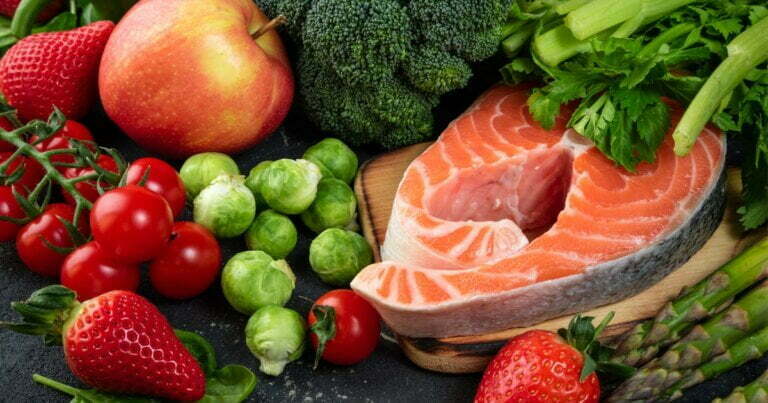Gallstones are solid, pebble-like deposits that develop in your gallbladder and are typically formed of bilirubin or cholesterol. Gallstones can be as big as a golf ball or as small as a sand grain. Gallstones are prevalent, affecting 10 to 15 percent of the U.S. population, or roughly 25 million people. The gallbladder might produce one giant gallstone, hundreds of smaller stones, or both small and large stones. One-fourth of the 1 million people diagnosed with gallstones yearly will require treatment, typically surgery. (1) Here are some simple ways to prevent gallstones.
Weight loss
Being overweight, especially obese, raises cholesterol in your bile, which increases your chance of gallstone development. You should be able to manage your weight through a good diet and regular exercise. But you should stay away from diets that promise quick weight loss. There is proof that they can alter your bile’s chemical and raise your risk of gallstone formation. It is advised to lose weight more gradually.
Exercise
Exercise is essential if you have a sedentary lifestyle. Since inactivity slows down digestion, it raises your risk of developing gallstones. Bile is not properly drained out of your gallbladder as a result. Get at least 150 minutes of activity each week to lower your risk of developing gallstones.
Diet Modification
Diet plays a vital role in gallstone formation. Here are some ways that you can do to your diet to prevent gallstones:
- Choose only healthy fats. Although fat frequently gets a bad rap, not all fat is harmful. Omega-3 fatty acids, which are included in fish, avocados, canola, flaxseed, and canola oil, as well as mono- and polyunsaturated fats, help avoid gallstone disease. People with high triglyceride levels may benefit from eating healthy fats and fish oil since these substances aid in the gallbladder’s regular emptying of its contents. But avoid consuming saturated fats, which are present in fatty meats, butter, and other animal products, because they raise your risk of gallstones and high cholesterol, among other health issues. Choose lean chicken, skim milk, and low-fat yogurt as low-fat substitutes for red meat and whole milk
- Consume fruits, vegetables, and nuts to gain fiber. Gallstone disease can be avoided with diets high in fiber from whole-grain bread and cereals, fruits, vegetables, and plant-based protein sources such as peanuts, walnuts, and legumes. Almonds are a tasty and healthy snack that can aid in weight loss and satisfy hunger.
- Avoid carbohydrates and sugars. White bread, white pasta, and refined sugars are examples of carbohydrate sources that may raise your risk of gallstone disease. Avoid sugary foods and, when possible, opt for low-sugar alternatives.
How Remote Patient Monitoring Helps?
If you have a chronic disease like hypertension, diabetes or obesity, it is recommended to use Remote Patient Monitoring program to track your vital signs, diet and lifestyle modification. RPM is equipped with home medical devices and health wearable technology that can help you take measurements such as heart rate, body weight and other body parameters, glucose levels, sleep quality, calorie count, etc. These data are sent automatically and securely to your healthcare provider for continuous monitoring.
To know more about Remote Patient Monitoring, click here.
Read more:








